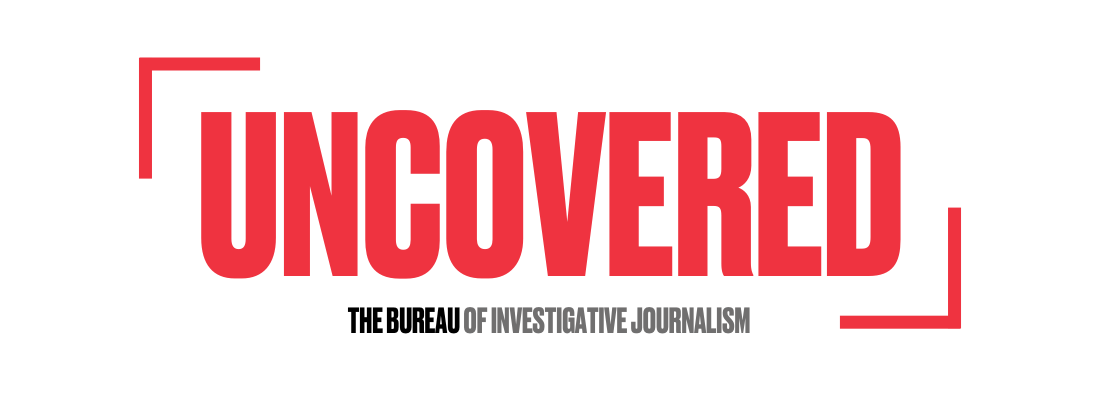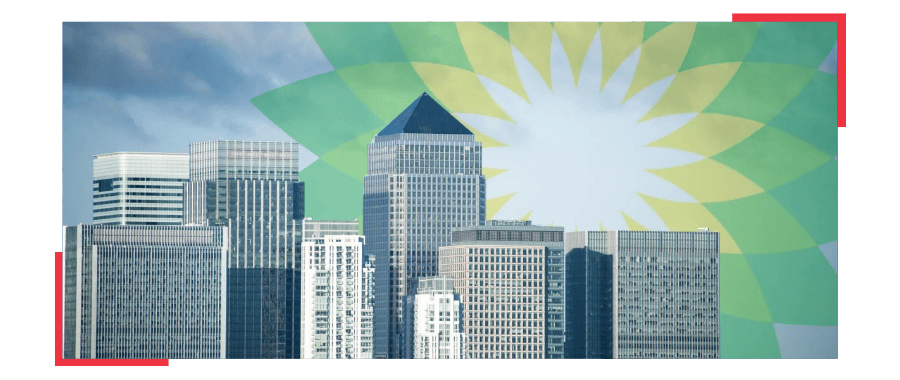
“Once a champion of corporate transparency, the US is now saying it’s harmful red tape”
Hi {{ First name | there }},
This week, US President Donald Trump made the jobs of investigative journalists harder. Again.
His Treasury Department announced it wouldn’t be properly enforcing the Corporate Transparency Act (CTA), which requires the owners of companies to disclose their identity.
In other words, he’s announced the US as a place where crooks can hide their loot. And they cut off a crucial tool used by investigative journalists to get to the heart of major wrongdoing.
Scott Bessent, the Treasury secretary, described the move as “a victory for common sense” that would “unleash American prosperity by reining in burdensome regulations”. I imagine a few people sitting at the top of dark money networks are also hopeful their wealth might soon be “unleashed”.
“Corporate transparency” might sound like a matter of dry businessworld admin, but moves like this can directly empower dictators around the world.
Introduced by President Biden and coming into force last year, the CTA obliged certain US businesses to make public the names of their shareholders and the people that ultimately control them.
Despite some challenges in the courts, it was a success story. Most private businesses in the US had to declare these details or face a maximum fine of $10,000 and up to two years in prison. Now all that has been swept away.
I’ve spent most of my career looking into financial corruption – from Airbus trying to sell expensive jets, to Glencore trying to buy lucrative cobalt mines, to HSBC moving funds belonging to a money-laundering ring. Following the money has often led me to shady, little-known companies. And those companies have often turned out to be a front for a dodgy individual taking or paying a bribe. Finding out that person’s identity is essential to uncovering the crime.
That’s why kleptocrats, oligarchs and gangsters tend to set up companies in offshore jurisdictions – where the rules (or absence of them) mean they can conceal their identity.
Not that the US has been a haven of transparency, even before Trump’s recent move. A few years back TBIJ was trying to trace billions of dollars that had been stashed from the well-known kleptocracy Kazakhstan, and the hunt took us to an unheard-of company tucked away in Nevada. It’s not the only US state that has marketed itself as a safe place to hide dirty money.
There are other places to do it, of course. It’s a global problem. But when the US is rowing back on its transparency commitments, it makes a global fight against corruption impossible.
Things had already been getting harder. The European Court of Justice ruled in 2022 that the right to privacy trumps the right for publicly accessible ownership information. That was a massive setback for reporters like us digging into corruption.
It means the UK is now a leader in transparency, via the user-friendly ownership database at Companies House. It’s far from perfect – a lot of people just enter fake details, for example, but measures are coming in to address them, including ID checks. It’s an incremental step, not a silver bullet, but the commitment to transparency is at least there.
With Trump in power, it feels like a lot has been lost on this front. But this is no time to surrender. Our work highlighting the use of offshore networks, like our recent investigation into Roman Abramovich’s taxes, will continue to make it difficult for other governments to renege on their commitments.
And keeping the UK on the right side of history is essential. So is keeping pressure on the jurisdictions at the heart of so many dark money flows. Trump’s US may soon find itself at the top of that list.
Factchecked!
Each week we reveal a fascinating fact from our reporting…
Did you know?
Scientists are still trying to figure out a way to develop snake antivenoms without using horses.
Find out more
The method for making snake antivenom has largely stayed the same since the 1890s – and it’s done using horses.
Horses have strong immune systems that respond to snake venom by making antibodies. Horses are injected with venom in several doses. Then the antibody-packed blood and its plasma is drawn from the horse and purified before being developed into an antivenom.
The rest of the blood is returned to the horse so that it doesn’t become anaemic.
If you get bitten by a venomous snake, antivenom can be the difference between life, death or lifelong injury. Just a couple of drops of snake venom can have devastating consequences.
Read more here.
BP’s renewables row back
Last week, BP’s CEO Murray Auchincloss said his company had gone “too far, too fast” in its plan to transition away from fossil fuels. BP says it still aims to be a net zero company by 2050, but it will now take a different path to the one it set out in 2021, doubling down on fossil fuels in the meantime.
But it’s not just BP we should be looking at. Our Environment Editor, Rob Soutar, follows these developments incredibly closely and has big questions for the banks that have supported the oil giant in recent years, including HSBC, NatWest and Barclays.
All three had signed up to cut emissions not only from their own businesses, but from the portfolio of companies in which they invested their – or rather, their customers’ – money. The idea was to encourage businesses to aim for net zero, and to come up with credible plans to transition away from fossil fuels.
That’s the key word – credible. BP is an oil and gas company; fossil fuels are at the centre of their business. A credible plan would have to be a transformative one.
And yet, in February 2023 BP announced it was planning to invest in new oil and gas fields – and then promptly raised more than $5bn with the help of “net zero” banks. At least one expert analysis found that BP’s plan fell far short of credible. But the banks found enough wiggle room to manoeuvre.
BP’s return to its core business makes sense in the current political climate, even if it’s devastating for the actual climate. The company has a responsibility to shareholders; the Russian invasion of Ukraine has kept oil and gas prices high as countries rush to shore up their energy supplies.
The banks, however, also need to answer to their shareholders – as well as their high street customers. And when it comes to credibility, they have a lot more to lose.
What we’ve been reading
🔴 An autistic woman with a learning disability was locked up in a mental health hospital from the age of seven until she was in her fifties: bbc.co.uk
🔴 A group of high-ranking Israeli military personnel gained access to the European Parliament without proper lobbying accreditation: ftm.eu
🔴 A leaked cache of documents has revealed the inner workings of a massive crypto fraud network operating from Georgia: theguardian.com
Thanks,
Franz
Franz Wild
Editor




